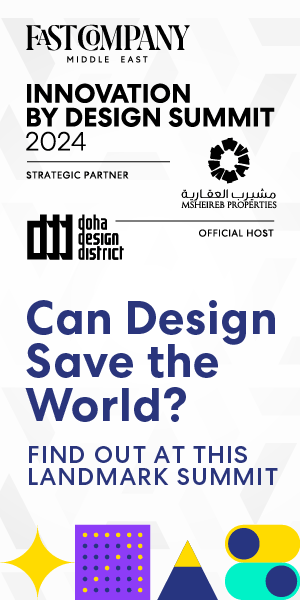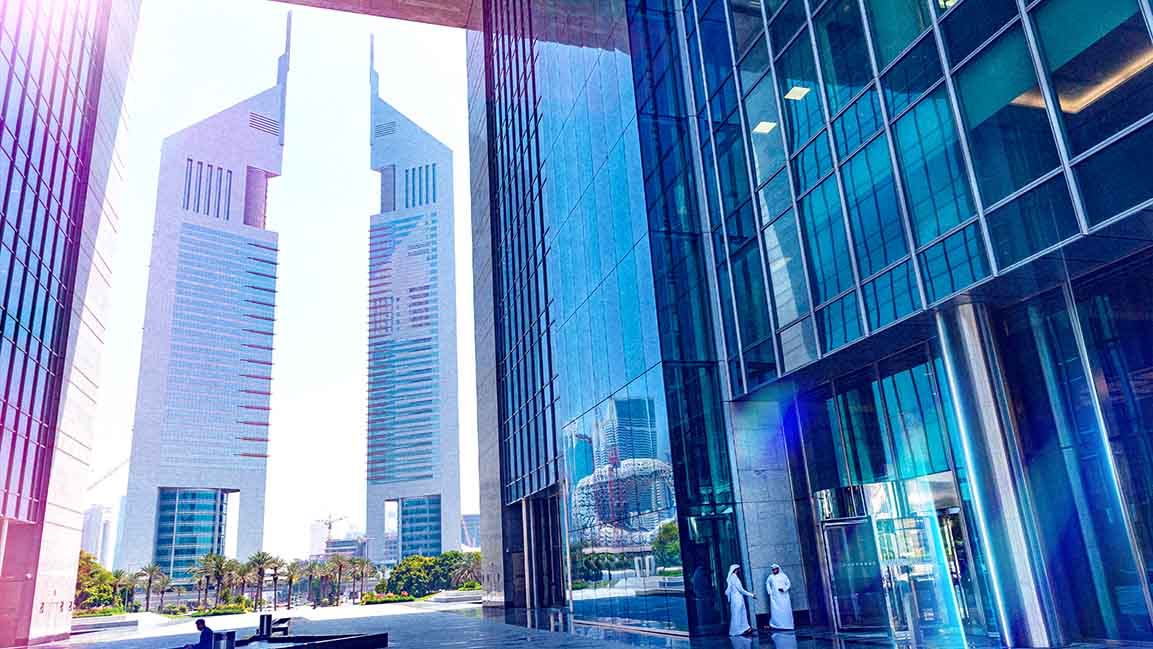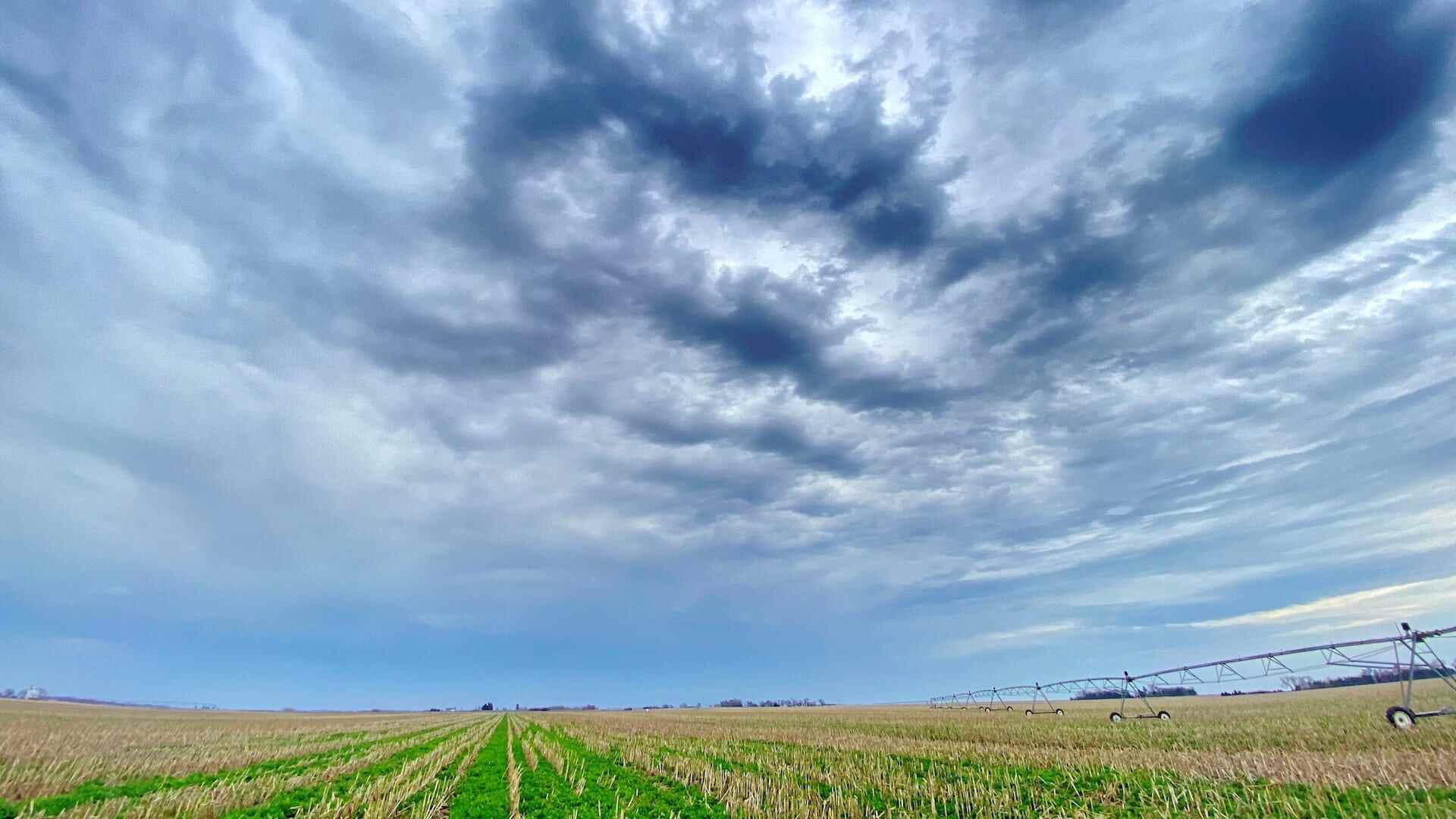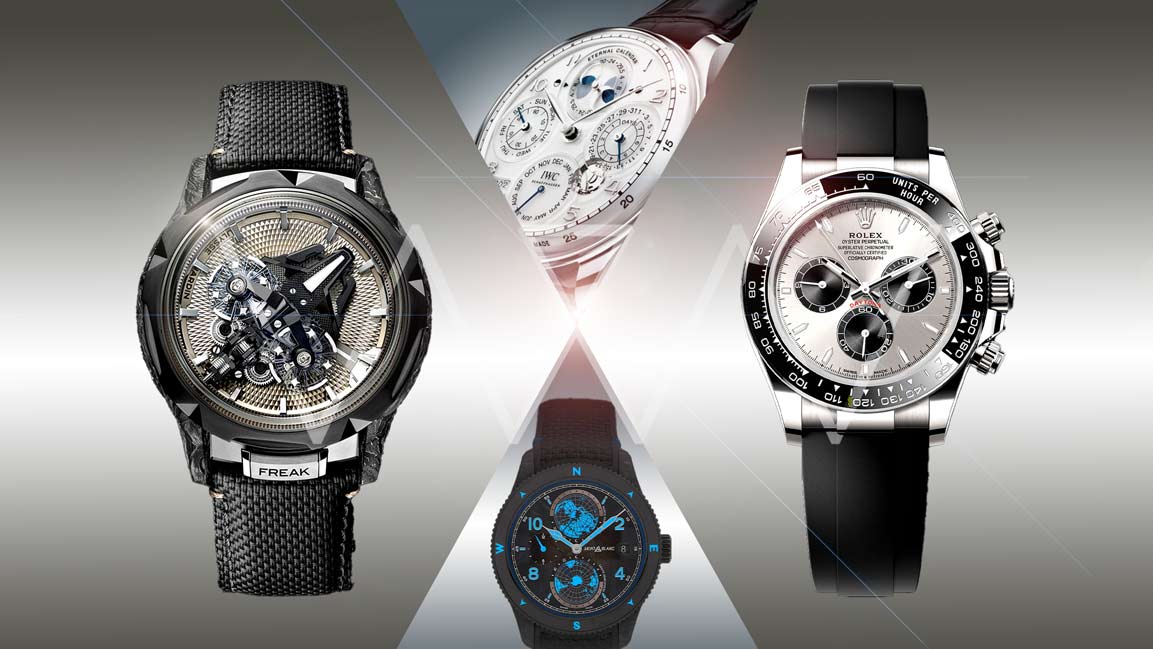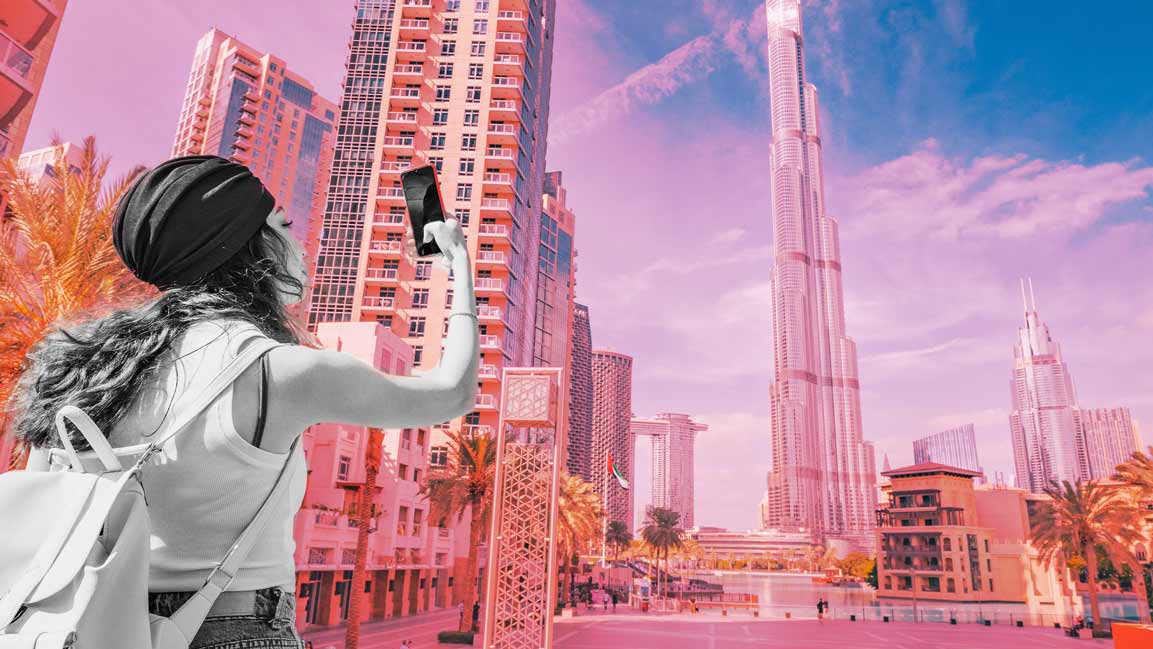- | 9:30 am
Customer loyalty is all about hyper-personalization, says Mohammad A. Baker
In a freewheeling chat, Mohammad A. Baker, deputy chairman and CEO of GMG, shares insights on keeping up with changing consumer behavior and focusing on active living, nutritious food, and good health.
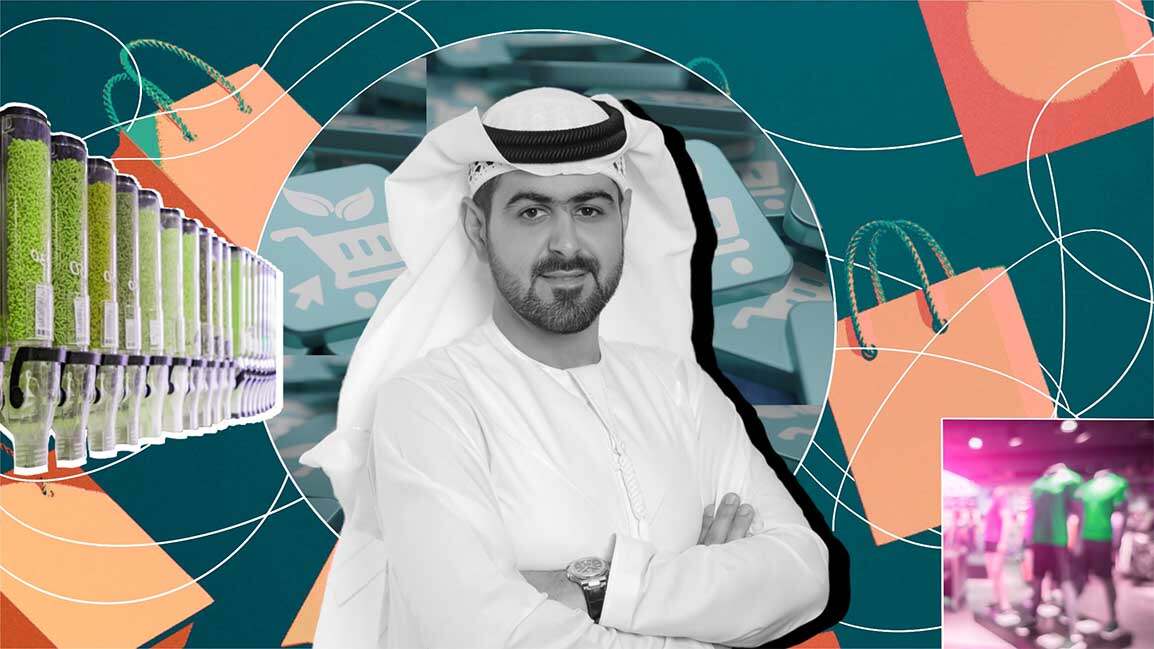
In the Middle East and globally, retailers are battling for consumers’ wallets as they face intense pressure from inflation. Operating in a highly competitive landscape, where customers have access to thousands of brands locally and internationally, it isn’t easy to ensure growth.
However, retailers can leverage a couple of things to deliver what consumers value most. “Building and rewarding customer loyalty must be an intrinsic part of being a retailer,” says Mohammad A. Baker, deputy chairman and CEO of UAE-based GMG, in a freewheeling chat to discuss how the company entices by meeting consumers in their places and spaces—in their worlds— and capturing consumer engagement in the digital world.
“For us, loyalty goes beyond products and services; it is about creating a solid emotional connection with customers—one in which they feel seen and heard. It is all about hyper-personalization, which invariably helps contribute to customer loyalty and retention,” he adds.
It is worth stating that GMG started out in 1977 as a butcher’s shop. Today, it’s one of the Middle East’s leading family-owned retail conglomerates, with a rapidly expanding global presence. “In many ways, our success mirrors that of Dubai. Just as Dubai has transformed over the past 40 years from a humble trading outpost into a global commercial and tourism hub, our company has also undergone a sweeping change,” says Baker.
GMG has investments across four business verticals—sports, food, health, and consumer goods, introducing more than 120 brands over the last four decades, including global brands such as Nike, Vans, The North Face, and Columbia, among many others.
KEEPING UP WITH CHANGING CONSUMER BEHAVIOR
As consumer behavior changed through the pandemic, so too did the retail landscape, with the growth of digital retail. When ecommerce boomed during the pandemic, coupled with widespread store closures, many retail experts predicted the death of physical stores. The truth is that the rapid digitization of commerce is transforming the role of the physical store.
“There’s a rise of a hybrid retail model—phygital. Customers want a seamless retail experience across physical and online outlets and to shop with retailers who can best facilitate this transition,” says Baker.
“Consumers like to view a product in-store before making the purchase, whether online or offline, so we need to ensure we provide an exceptional online and offline experience to enable them to do so.”
In the last two years, consumers’ priorities have shifted to emphasize local, sustainable food options. According to a PwC report, 41% of Middle East consumers stated that they are inclined to pay more for healthier options. A YouGov survey confirmed that while UAE consumers will cut down on excessive spending, especially when it comes to eating out, they will still continue to value high-quality, nutritious food ingredients and essential staple food items.
Baker sees this as an opportunity to innovate across the food consumption chain. “In the coming years, our intention is to cover the entire food consumption chain from farm to fork. As retailers, we must provide a wide range of choices for our consumers at competitive prices and a best-in-class shopping experience.”
In April, GMG entered the retail food space by acquiring the Middle East operations of the French retailing giant Groupe Casino’s brands—Géant, Franprix, and Monoprix. Following the acquisition, in July, it launched the French food retail brand Monoprix in the UAE.
“Although we are known for our retail concepts, GMG covers the entire consumer journey from food manufacturing, distribution, and retail. Last year, for example, we expanded our food manufacturing division, adding five factories supported by an R&D kitchen and food laboratory in the UAE,” he says.
With more consumers actively changing their approach to fitness and wellbeing, GMG’s health business is gearing up for a surge in consumer demand for quality health and wellbeing products and services. Likewise, its sports division shows continued interest in athletic wear and home exercise equipment. “We will continue focusing our investments on active living, nutritious food, and good health,” he says.
SUPPLY CHAIN RESILIENCE
Nevertheless, Baker insists the broader challenges are the same as with most global companies—it is supply chain resilience. As the pandemic changed, how consumers shop, and where and when they make their purchases are far less predictable.
“Consumers buy from a broad range of retail channels and set the terms for how online purchases arrive on their doorsteps. This proves a challenge for supply chain capabilities—around demand planning, inventory management, and fulfillment forecasting—which means we need more reliable information and the right technology upgrades to develop agile systems to meet consumer expectations.”
Meanwhile, the company is eyeing expansion beyond the Middle East and Africa. Asia exemplifies immense potential and growth opportunities for GMG, says Baker. “Asian consumers offer a $10 trillion growth opportunity. To keep up with the momentum, we further solidified our position in Asia by acquiring Nike-only stores in Singapore and Malaysia from the sports retailing arm of SUTL Corporation. Recently, we opened three new Nike stores in Malaysia and Singapore as a part of our ambitious growth strategy for Asia.”
Growth aside, Bakers says brands must score at every step of a customer’s store experience, from first arriving to when they check out and as they stay in touch with the brand online.
To achieve that, GMG deployed an expanded omnichannel ecosystem to cater to the surge in ecommerce demand. “Our Omniverse ecosystem integrates AI capabilities from Salesforce’s Einstein, enabling us to hyper-personalize customers’ experiences.”
The company invested in three key areas: the customer journey, access to inventory across stores, and customer care.
“This enabled us to further enhance online shopping for our customers,” he adds.
PUTTING SUSTAINABILITY AT THE CENTER
On the subject of sustainability, Baker is convinced that brands need to prioritize the growing awareness of social and environmental sustainability and its impact on the customer.
In the Middle East, 65% of consumers have reported becoming more eco-friendly during the pandemic, based on a PwC report. Additionally, the report highlights that 75% of Middle Eastern consumers said that they buy from environmentally conscious companies, and 72% stated that they choose products with a traceable and transparent origin.
“We hold ourselves accountable for our impact and are always working towards becoming a more sustainable business—from our logistics, operations, and partners to how we can inspire and innovate for our consumers, our community, and our environment,” says Baker, adding that the core business model remains environmentally sustainable. Recently, GMG unveiled its “Make a Difference” sustainability strategy framework.
Géant and Franprix, for example, have committed to a marked reduction in single-use plastics usage in-store, with the long-term aim to make food packaging 100% recyclable, compostable, or reusable.
“It is a step towards healing the world one bag at a time,” Baker says.






